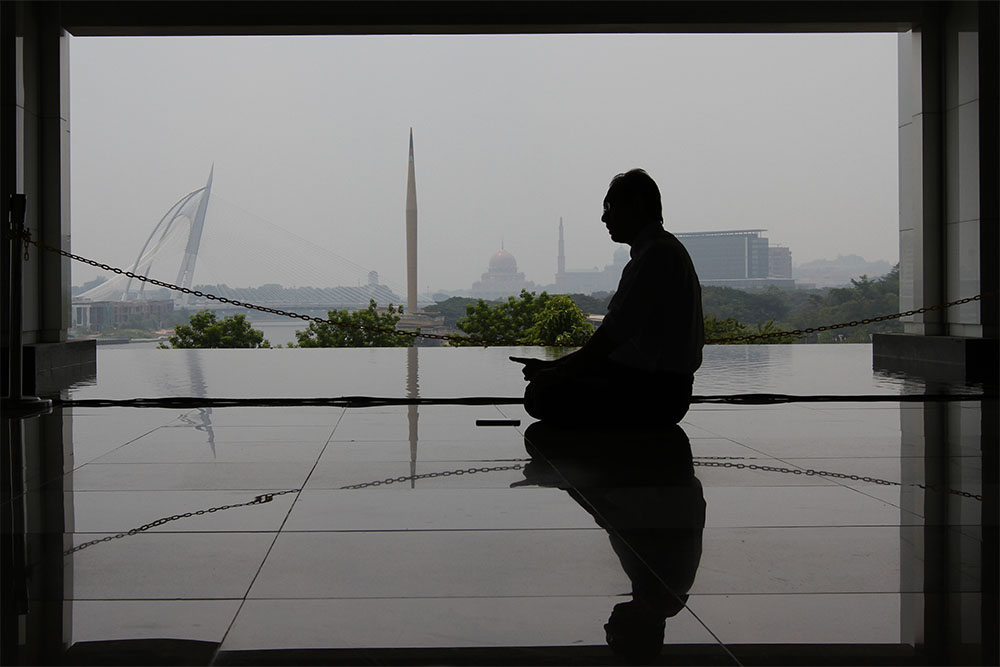KUALA LUMPUR, Sept 20 — The punishments meted out under Shariah laws are meant to be educational rather than punitive for both the offender and the society around them, a forum was told today.
Perak Deputy Mufti Zamri Hashim said this is because Islam emphasises on the repentance of the individual and their forgiveness for past transgressions, as well as to inform and raise society’s awareness.
“The penalty handed out must not be too destructive, yet it must not be so weak as to leave no impact,” he said during the Gerakan Pembela Ummah’s (UMMAH) forum on whether Shariah punishments are fair or cruel.
Zamri referred to the recent caning of two women for same-sex relations in Terengganu, adding that punishments in Islam are geared towards building a clean society.
“Those who dirty society’s cleanliness ought to be punished accordingly.
“The public should know that Shariah punishments are not as cruel as it is claimed or depicted,” he said.
UMMAH chairman Aminuddin Yahya said the recent caning highlighted the importance of punishment as a means of prevention as well.
“The idea is ‘amar mahruf nahi mungkar’ (Islamic principle of enjoining good, forbidding evil) so that both the accused and witnesses see the error of their ways or the error of others’ ways.
“There should be a focus on strengthening the Shariah system instead of attempting to belittle or trivialise it as some others are doing,” he said.
Aminuddin added that views on how to strengthen the Shariah system are welcome from all, but reducing its efficacy ought to be opposed.
Muslim Lawyers’ Association deputy president Abd Rahim Sinwan said state Islamic laws should be upheld, explaining that many of these laws were in place in some form or another when the Federation was formed.
“The state can proceed in exercising the (Islamic) law which they have validly promulgated via its legislature.
“If the federal government or even an individual feels the law is ultra vires (Latin for beyond the powers) then they have the right to challenge its constitutionality all the way to the Federal Court,” he said.



















